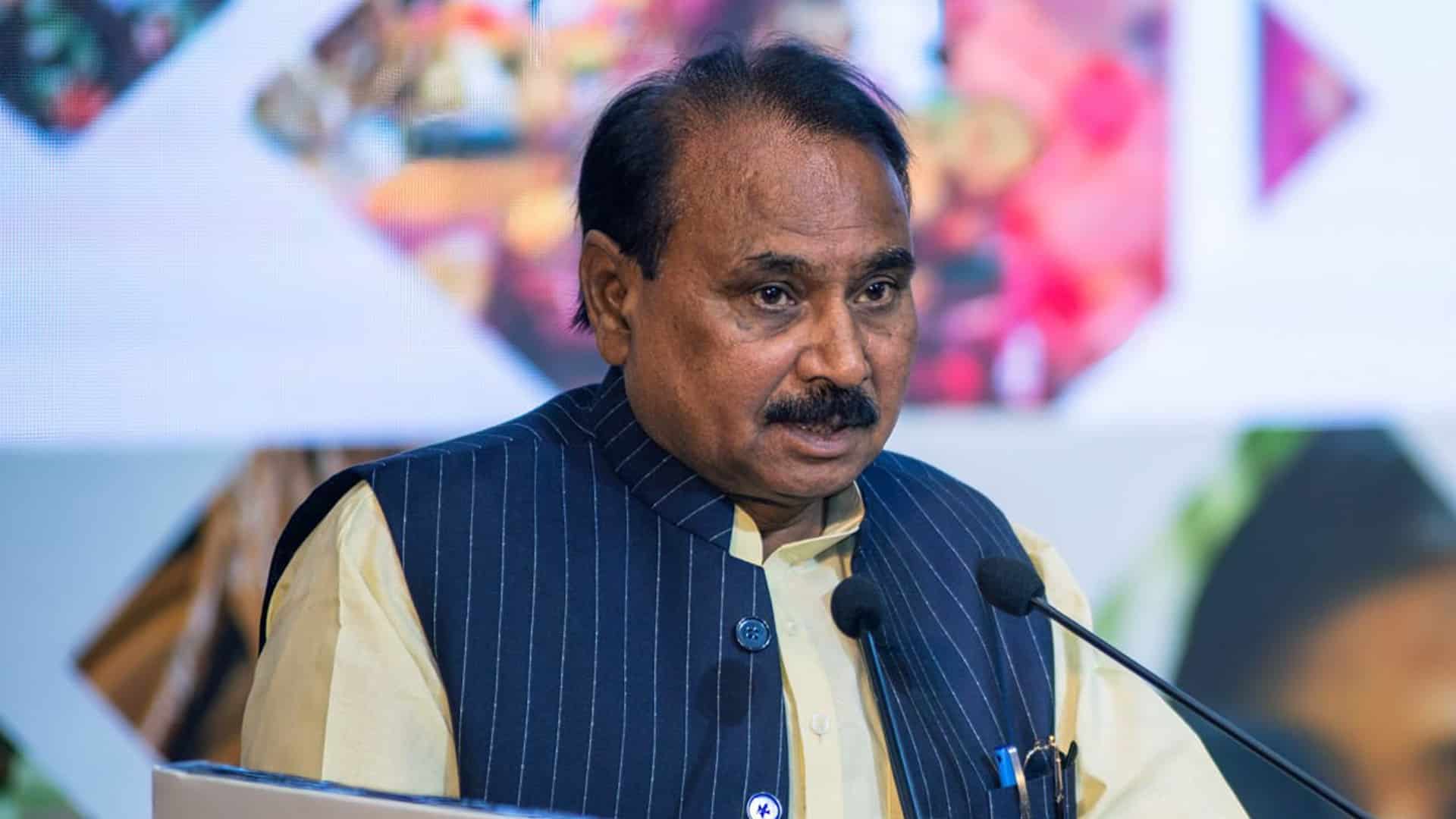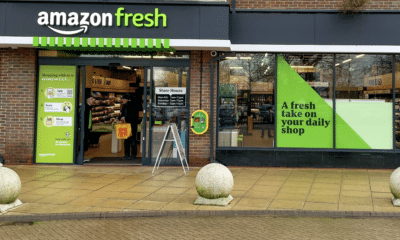E-commerce
MSME can generate more profits from e-commerce: MSME MoS Verma
E-commerce has enabled micro, small and medium enterprises to increase profits, reduce marketing expenses and extend their reach to new markets, Minister of State for MSME Bhanu Pratap Singh Verma said on Monday.
While speaking at the CII Indian MSME growth summit, Verma said that MSMEs play an important role in job creation and expansion of manufacturing base in the country, and there is a need to enhance focus on them to achieve a USD 5 trillion economy. “Small businesses need to improve their management skills and make their technology base smart. In recent years online markets have developed through e-commerce which has had a positive impact on MSMEs.
Also read: Fitch affirms ‘BBB-‘ rating to GAIL, outlook stable
“MSME can generate higher profits through e-commerce. It will increase revenue and margin, extend reach to new markets, help them save marketing expenses and customers will get a better experience,” Verma said. He said that after the pandemic wave, the MSME sector has been standing firmly. “There is development happening in MSME space and it can be seen across the country. Main reason for this is progressing changes in our public policies,” the minister said. He said that there were neither masks nor sanitizers when the corona period started in India.
He said that some MSME units became sick, some were unable to pay their labour and due to some other reasons they were on the verge of shutting down. The minister said that the Prime Minister Narendra Modi had contemplated about the situation in advance and ECLGS (Emergency Credit Line Guarantee Scheme) was launched to help them. MSME secretary BB Swain said that the ministry has been working to ease credit access for MSME through various schemes.
“Total loan guaranteed under ECLGS is Rs 3.47 lakh crore out of which amount earmarked to MSME is Rs 3.1 lakh crore. The performance of the credit guarantee scheme has achieved a milestone with guarantee coverage of Rs 56,000 crore. This is the highest ever since its inception,” Swain said. The minister at the event also launched a report on the India D2C market compiled by Praxis in association with Shiprocket and CII. According to the report, Delhi, Bangalore and Mumbai are the major supply and demand hubs for the most of the D2C (direct to customers) players who book orders online and ship products directly to customers.
The report estimates grocery and gourmet market size for D2C segment to be around USD 570.8 billion, Jewellery USD 82.4 billion apparel and footwear USD 80.7 billion, home decor, household, supplies and garden segment to be around USD 26.5 billion, personal care USD 18.2 billion, electronics USD 9.4 billion and healthcare USD 9.7 billion in financial year 2022.









































Pingback: WTO needs to move from just an organisation to robust institution: CUTS Intl
Pingback: MSMEs require least investment to go green; top priority for BEE
Pingback: Future Retail: NCLT reserves order on Amazon petition against BoI's insolvency proceedings plea